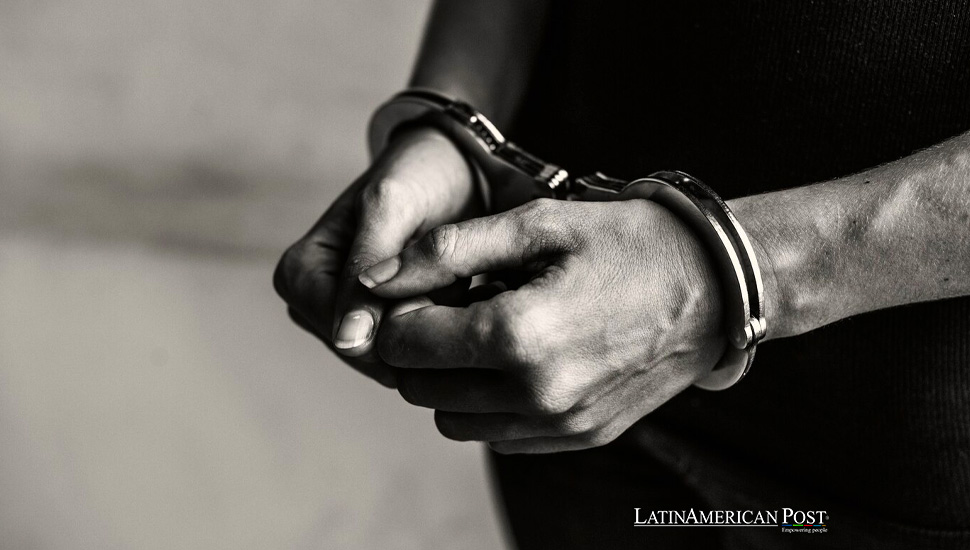El Salvador’s Last Inmate on Abortion Charges Appeals for Change

Following her release, the last woman jailed in El Salvador for abortion-related charges, known as Lilian, urges the public to cease reporting women who experience obstetric emergencies, highlighting the country’s harsh abortion laws.
Lilian’s Plea for Change
In a poignant appeal following her release, known as Lilian, the last woman imprisoned in El Salvador on charges related to abortion, called for an end to the denunciation of women facing obstetric emergencies. Her plea marks a significant moment in the ongoing debate over one of America’s most stringent abortion laws. Critics of these laws assert they unjustly penalize women who suffer miscarriages and stillbirths, leading to severe prison sentences under the guise of child homicide.
Lilian, a 28-year-old cosmetologist, faced a 30-year prison sentence for aggravated manslaughter following an obstetric emergency that resulted in an abortion. After enduring more than seven years behind bars, she was acquitted last month by a judge who recognized the vulnerability of both her and her daughter in the hospital when the events occurred. Her case, emblematic of a broader issue, was championed by two local civil rights groups, the Citizens’ Group for the Decriminalization of Abortion and the Feminist Collective.
During a press conference, Lilian recounted her ordeal, sharing her relief at reuniting with her family, including her 10-year-old child. Her story, however, is far from unique in El Salvador. Many women have faced similar accusations, sentenced to decades in prison on charges of killing their newborns in cases often involving miscarriages, stillbirths, or other medical emergencies.
Complex Legal Battles
The civil rights groups pointed out that Lilian gave birth to a girl in a public hospital, where the baby passed away 72 hours later under medical care. Despite this, Lilian was prosecuted for abandonment, neglect, and, later, aggravated homicide. Her case highlights the complex and often tragic intersections of medical emergencies, legal systems, and women’s rights.
Since 2012, the two groups have been actively campaigning for the release of women who have been handed sentences of up to 50 years on charges of aggravated homicide. Their efforts have seen the release of 73 women, though challenges remain. Another six cases are still being processed, and 11 remain active, with the attorney general’s office opting not to file appeals. These women, while not currently imprisoned, continue to face legal uncertainties.
El Salvador’s draconian abortion laws have long been a subject of international scrutiny and criticism. The laws do not differentiate between intentional abortions and unintended obstetric emergencies, leading to grave miscarriages of justice. Women, particularly those from disadvantaged backgrounds, often bear the brunt of these harsh legal interpretations, finding themselves at the intersection of medical crises and an unforgiving legal system.
Renewed Attention to Women’s Plight
Lilian’s release and her subsequent public statement bring renewed attention to the plight of El Salvador women facing similar circumstances. Her story is a stark reminder of the human cost of stringent abortion laws. It also underscores the need for legal reform that can distinguish between abortion and obstetric emergencies, ensuring that women receive the medical care and legal protection they need.
The ongoing struggle in El Salvador mirrors a more extensive global conversation about women’s reproductive rights and legal justice. Lilian’s case catalyzes this dialogue, highlighting the urgent need for change in countries with similarly strict abortion laws. Her call to stop denouncing innocent women is not just a plea for compassion but a demand for a more humane and just legal system.
Also read: Peru Welcomes Back Cultural Treasures from Global Repatriation Effort
As El Salvador and other nations with restrictive abortion laws grapple with these complex issues, the stories of women like Lilian offer powerful testimony to the human impact of these policies. They also serve as a rallying cry for activists, legal experts, and policymakers to reexamine and reform laws that, in their current form, continue to jeopardize women’s health, freedom, and justice. Lilian’s journey from imprisonment to freedom is more than a personal victory; it reminds us of the ongoing struggle for women’s rights and legal reform in El Salvador and beyond.





